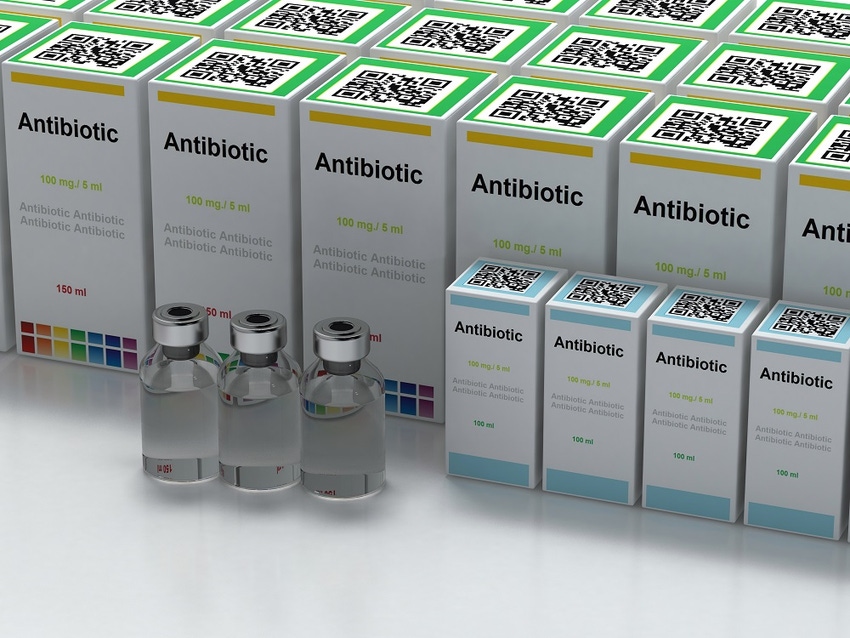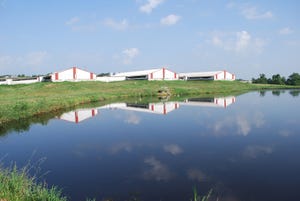Saying no to extra antibiotic taxes
Excessive control of antibiotics and blame of animal industries keeps popping up.

I recently read a study and related commentary that discussed taxing antibiotic use, limiting antibiotic use or limiting consumption of livestock product consumption. Can you guess why?
To stop the problems with antibiotic resistance to antimicrobial products, of course ... as if it would.
In all cases, these are bad ideas. Taxation is a form of control, obviously, but it also commonly punishes those least able to pay. Further, it is a market distortion: For proof of the damages done by market distortions you need look no further than the still-unfolding ethanol bust. Further, it is unconstitutional and I wonder if our nation will ever learn the dangers of that, or the values of obeying that wise founding document.
Placing limits on consumption of a product is also unconstitutional, and it's a market distortion. Look at the boom and bust disasters of the milk subsidy program and the dairy buyout program for examples. Also we can look at the results of alcohol prohibition and the so-called "war on drugs" in this country. Therein I would argue all bad and nothing good.
Further, the problem with antibiotic resistance in human drugs is much more the fault of humans than it is the fault of the animal industries. There can be some crossover, but so far we see much greater problems flowing from human populations and population centers into the animal industries than the very limited problems flowing from the animal industries into the human population.
In the original paper, the author wrote, "In September 2016, the United Nations General Assembly recognized the inappropriate use of antimicrobials in animals as a leading cause of rising AMR. In September 2018, the interagency group established by the UN Secretary General will report on progress in the global response to AMR, including antimicrobial consumption in animals. We provide a baseline to monitor efforts to reduce antimicrobial use and assess how three global policies might curb antimicrobial consumption in food animal production ..."
In a blog response by animal scientist Casey L. Bradley in the American Society of Animal Science Taking Stock publication, Bradley noted the limited effects of animal agriculture on human medicine, the fact the authors didn't even consider how to replace the animal protein in human diets, and the potential suffering by animals which are refused antibiotic treatment, as well as a couple other factors.
I'll reiterate that the taxation and prohibition ideas are foolhardy, but I feel the need to add one more comment against such stupid ideas. This also dovetails perfectly into the United Nations Agenda 21 plan to depopulate rural areas, reduce worldwide population by 80% and force people to live in corridors around predetermined metropolises such as Denver region, Dallas region and the Kansas City region.
From the report from the 1976 UN’s Habitat I Conference, comes this quote: “Land…cannot be treated as an ordinary asset, controlled by individuals and subject to the pressures and inefficiencies of the market. Private land ownership is also a principal instrument of accumulation and concentration of wealth, therefore contributes to social injustice.”
Check the links I put in the copy above and see what I mean. It's interesting to me that once you recognize the UN plans as a reality, they pop up in many places, from many people. Remember the Buffalo Commons suggested by Frank and Deborah Popper of Cornell University in 1987?
Therefore, I say, be on the lookout for these types of proposals and be ready to fight them when they appear.
Moreover, let's all work at being more responsible and cautious about our use of antibiotics for our animals and even for our own families.
About the Author(s)
You May Also Like



